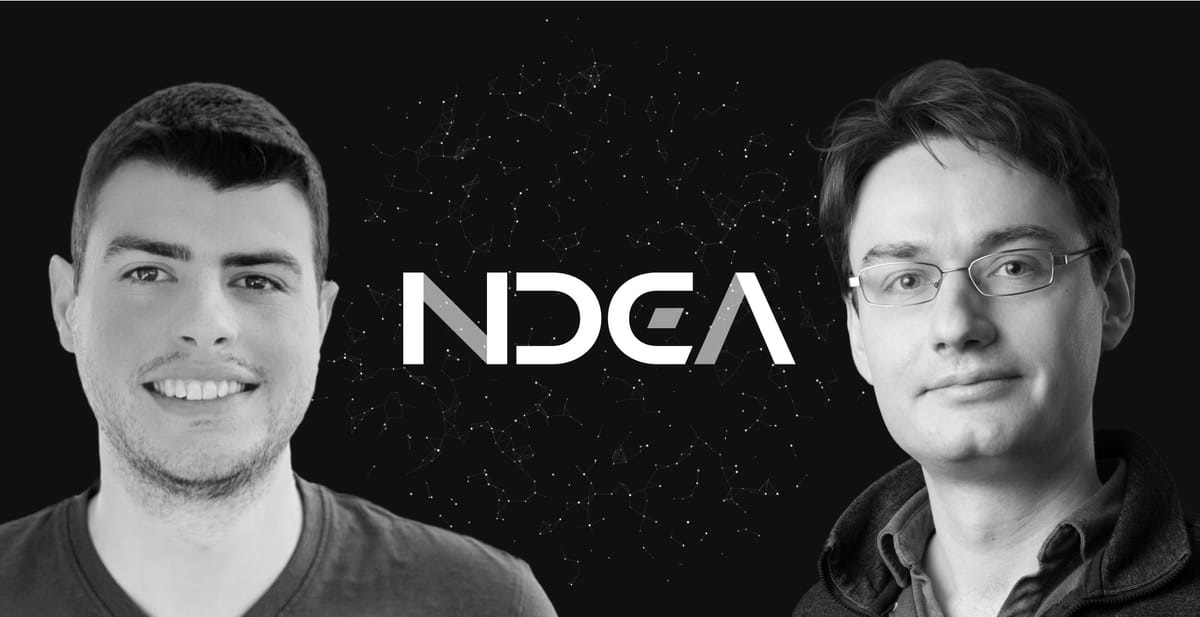François Chollet's New Startup Ndea
An AGI focused AI lab taking some novel approaches. A good or not a good idea? Ndea.
Yet another Google researcher keeps talking about AGI and now has his own startup. Keras deep learning framework, has recently launched a new startup named Ndea. This venture is dedicated to advancing the field of Artificial General Intelligence (AGI).
Are we to expect a new onslaught of AGI and ASI startups in 2025? It appears so.
The Ndea Lab will focu…
Keep reading with a 7-day free trial
Subscribe to The Nvidia Patterns to keep reading this post and get 7 days of free access to the full post archives.


